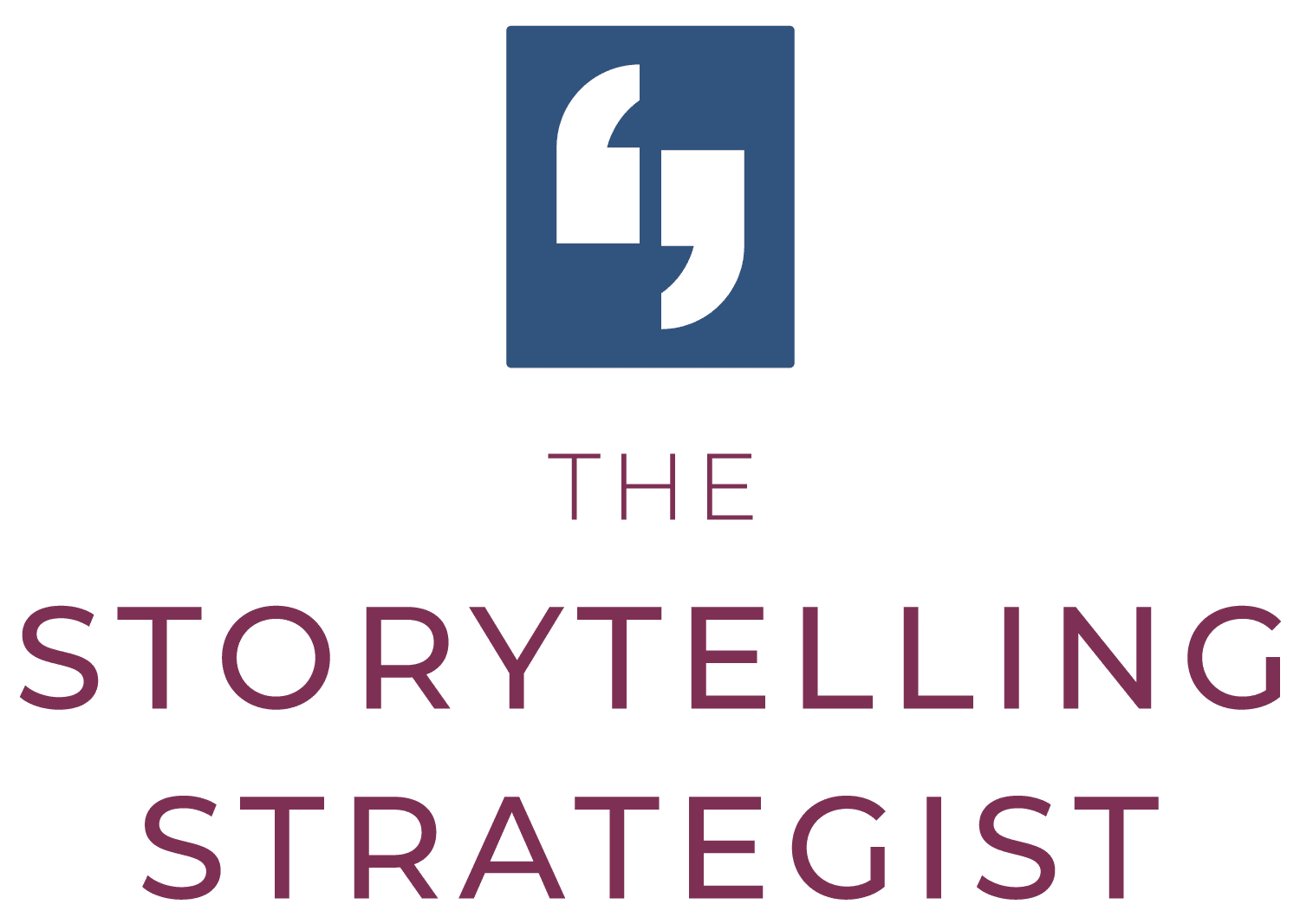
You probably know the people to avoid at work.
The woman who arrives late every day but announces your atypical early departure by calling out within earshot of the boss, “Heading home already? Lucky you, to have a short day!”
The guy who looks for the nearest colleague to throw under the bus when his project falls apart.
The “friend” who wants to collaborate on ideas only to present them at the meeting entirely as his own.
But what do you do when a trusted confidant or mentor shows another side?
For a number of months, even years, I had sought counsel from a higher-up. We bonded over the challenges we faced as women in a male-dominated industry. I shared woes. She listened and commiserated, nodding at the right points and making me feel understood.
Then one day I told her about a breakthrough I had with my team and subsequent proposal. Rather than celebrating, she cautioned me.
My breakthrough was short-sighted, she pointed out. It wouldn’t last. Not everyone would like what I was proposing as a next step. I was perplexed but considered her perspective.
After all, she had always had my back.
But soon it became a habit. She was a great help when my chips were down. But when I pulled a decent hand, she couldn’t handle it.
I never knew when she’d be helpful or hurtful.
She’d encourage me to come to her for advice only to later note that for my years of experience I seemed to need an awful lot of advice.
Huh?
She’d suggest I not be so strong-willed as to move forward without buy-in from others and then would question why I was so weak that I needed everyone’s approval before proceeding.
What?
And then one day I mentioned I had reached out to introduce myself to an executive newly assigned to our department.
“You’ll never hear from him,” she sniffed. “It’ll be months before he gets around to your level.”
Wow. Ouch.
It didn’t matter that she was right — I didn’t hear back from him — I was stung by the Put-Me-in-My-Place-ish quality of her response.
“She’s a scorpion,” a trusted friend explained, which made sense. “She’ll sting when you least expect it. Be careful what you share with her.”
The Scorpion is one type of woman who doesn’t help other women at work. They can be a nasty, hurtful bunch.
I started paying attention and saw a pattern. She talked about building women up but rarely had anything nice to say about those who had gotten close. She seemed suspicious, even distrustful, and would strike, scorpion-like, when challenged.
I guess that bugged her. (Pun intended, see what I did there?)
How to recognize a Scorpion at work:
- Does she sour when you shine? If she belittles you when you are at your best, give this friendship a rest.
- Does she speak kindly of other people? If not, especially about people you like and respect, she’s likely doing the same behind your back.
- Does she speak the truth? Distinguish between constructive feedback that hurts because it’s true vs. barbs designed simply to be hurtful.
Now that you’ve identified a Scorpion at work, how do you not get stung?
- Don’t get caught in her pincers. Stay at a distance.
- What’s your anti-venom? Truth. Find squad members you trust who applaud your achievements. Remember that your Cast of Supporting Characters can change over time.
- Avoid walking barefoot. OK, that advice is for dealing with real scorpions. Take it figuratively here… Don’t allow access to your underside, those tender parts that might feel the sting. If you have to engage the Scorpion, come with some armor attached.
I bid adieu to the Scorpion when I departed for a role elsewhere. But first, I stopped by her office to say goodbye and shared how much it meant to get so many nice farewell notes and compliments.
“People always say nice things when you’re on the way out the door,” she replied.
Ouch. Really? You couldn’t just let me have that?
The Scorpion strikes again.
I was on my way out her door, so decided to be nice and thanked her for her time. And never looked back.
How about you? Have you faced a Scorpion at work? What happened and how did you handle it?

